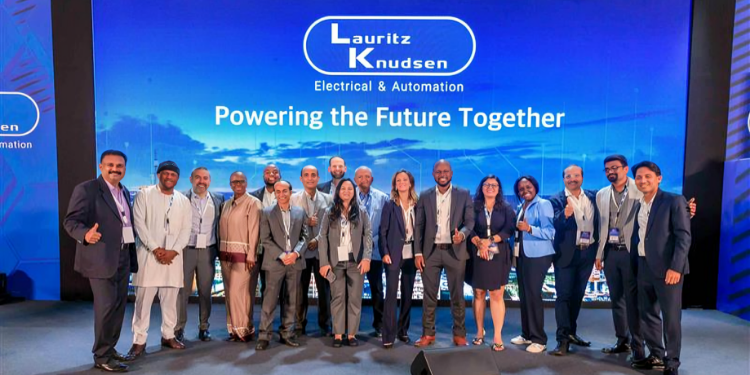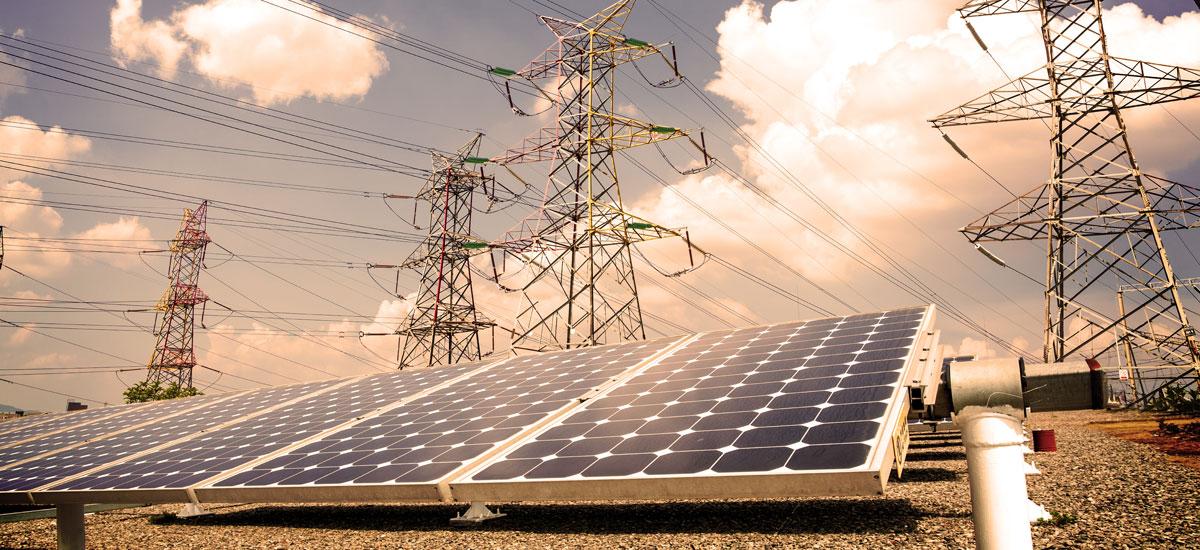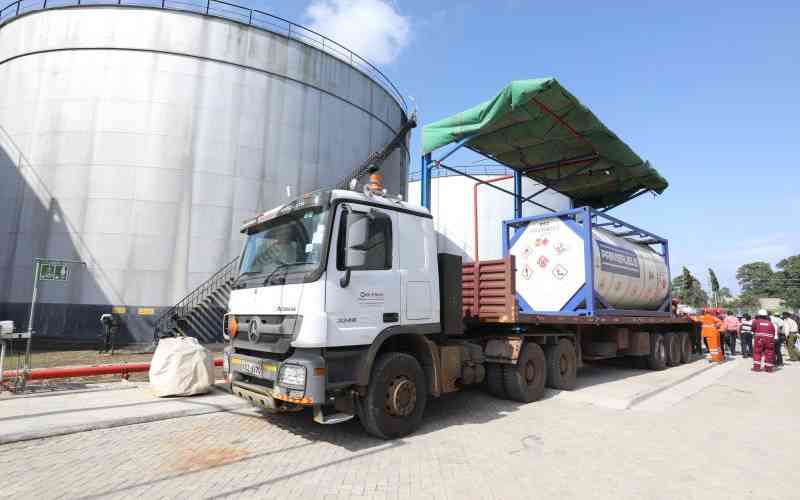Written By: Faith Jemosop
A transformative research partnership led by Swansea University in the UK, in collaboration with tertiary institutions in Kenya and Nigeria, has secured major UK government funding to fast-track the development of sodium-ion battery (SIB) technology tailored to Africa’s electric vehicle (EV) market.
The initiative, part of the UK’s Global Challenges Research Fund (GCRF) and supported through the Faraday Battery Challenge aims to accelerate clean energy transition and transport electrification in Sub-Saharan Africa by overcoming critical challenges in EV battery cost, safety, and local supply chains.
The project comes at a pivotal moment as African nations seek affordable, sustainable, and locally adaptable energy solutions to meet rising urbanization, growing energy demands, and the climate imperative to reduce fossil fuel dependence.
Why Sodium-Ion Technology Is a Game Changer for Africa
While lithium-ion (Li-ion) batteries dominate the global EV landscape, they remain expensive, reliant on rare earth minerals, and supply-chain dependent on countries outside Africa. By contrast, sodium-ion batteries:
- Use abundant and low-cost sodium, available in common salt (NaCl).
- Operate more safely in high-temperature environments, ideal for African climates.
- Present fewer risks of thermal runaway or combustion.
- Can be locally developed without heavy dependence on imported lithium or cobalt.
These properties make sodium-ion batteries uniquely suited for African deployment, especially in two- and three-wheeled EVs, off-grid solar storage, and urban transport systems.
Swansea’s Global Battery Innovation Centre at the Helm
The project is spearheaded by researchers at Swansea University’s SPECIFIC Innovation and Knowledge Centre, known globally for pioneering clean energy materials. The university brings expertise in battery design, electrochemistry, and material innovation, including its ongoing work in energy-harvesting buildings and next-generation batteries.
The African partnerships include:
- Kenyatta University (Kenya) – a leader in renewable energy education and innovation.
- University of Lagos (Nigeria) – home to robust engineering and materials science faculties.
- Additional industry stakeholders from both regions, focusing on local manufacturing capacity, policy alignment, and commercial uptake.
UK Government’s Vision Sustainable EVs for Sub-Saharan Africa
The initiative aligns with the UK’s strategy to foster clean tech partnerships in developing economies. Under the Faraday Battery Challenge, part of the broader UKRI (UK Research and Innovation) framework, the UK government has invested over £540 million since 2017 into battery innovation.
In this case, the grant aims to:
- Support transcontinental research collaboration on SIBs.
- Encourage technology transfer and knowledge sharing with African institutions.
- Develop practical, scalable battery prototypes for deployment in African EV markets.
Also read: Why South Africa’s Eskom is Targeting Mainly Clean Energy by 2040
UKRI noted that projects like this one are critical for achieving net-zero emissions globally while also addressing energy justice and climate equity for emerging economies.
Kenya and Nigeria: Ready for Battery-Led EV Growth
Both Kenya and Nigeria are becoming early adopters of electric mobility in Africa. Their collaboration on sodium-ion battery research is a sign of rising ambition and preparedness to localize innovation.
Kenya, known for its thriving renewable energy grid (over 90% renewable electricity), is already home to numerous e-mobility start-ups like BasiGo and Roam, which focus on electric buses and motorcycles. However, battery costs and availability remain a major bottleneck.
Nigeria, Africa’s largest economy, is investing in EV pilot projects, including the introduction of electric buses in Lagos, and the creation of national EV policies under the Energy Commission of Nigeria. Yet battery sourcing and energy infrastructure challenges persist.
By contributing to homegrown battery research and development, both countries can reduce reliance on costly imports and start building local EV value chains from the ground up.
The Swansea-led partnership will focus on:
- Optimizing sodium-ion battery chemistries that are thermally stable and suited for hot climates.
- Designing modular battery systems for small-scale EVs, such as boda-bodas (motorbike taxis), tuk-tuks, and last-mile delivery bikes.
- Training African researchers and engineers on battery science, safety, and prototyping.
- Establishing pilot testing labs in Kenya and Nigeria, with links to local industries and transport agencies.
Notably, the team will explore the use of abundant African materials, like manganese or iron phosphate, as cathode alternatives to reduce the project’s ecological and economic footprint.
Despite the optimism, several hurdles lie ahead:
- Manufacturing infrastructure for batteries in Africa is still nascent.
- Technical expertise and STEM talent gaps exist in battery chemistry, supply chain management, and system integration.
- Policy frameworks on EV batteries, recycling, and safety standards are still under development.
- Grid reliability and charging infrastructure remain unevenly distributed, especially in rural areas.
To address these, the project includes policy engagement, capacity-building, and industrial partnerships, ensuring that research is translated into real-world impact.
Also read: How Infrastructure Is Driving Kenya’s E-Mobility Revolution
If successful, this partnership could unlock new pathways for Africa’s clean energy transition, delivering:
- Affordable batteries for local EV assemblers and solar developers.
- Job creation in R&D, battery assembly, recycling, and transport.
- Resilience against oil price volatility by reducing transport fuel dependency.
- Emission reductions in rapidly growing urban centres.
- Educational opportunities through STEM training and international research exposure.
Moreover, it lays the groundwork for Pan-African battery ecosystems, reducing reliance on foreign suppliers and enhancing energy sovereignty across the continent.















